#SupplyAndDemand
Buyout Begone: Ford Says You Can Never Own Leased EVs
Ford Motor Co. will be suspending end-of-lease buyout options for customers driving all-electric vehicles, provided they took possession of the model after June 15, 2022. Those who nabbed their Mach-E beforehand will still have the option of purchasing the automobile once their lease ends. However, there are some states that won’t be abiding by the updated rules until the end of the year, not that it matters when customers are almost guaranteed to have to wait at least that long on a reserved vehicle.
Survey Suggests Americans Still Doubt EVs [UPDATED]
While plug-in vehicles are catching on in Europe, representing 21 percent of all new registrations in the first quarter of 2022, they’ve been less popular in the United States. Only about 5.2 percent of American registrations were of the plug-in variety (representing hybrid and purely electric vehicles) during the same timeframe. Despite the industry spending billions to develop and market these vehicles, with some progress being made, the overall take rate within North America remains underwhelming.
Ardent fans of battery based powertrains will undoubtedly disagree. But a couple of studies came out this month that drove the point home. Autolist’s Annual Electric Survey dropped earlier this month, effectively outlining why EVs haven’t been able to make more headway in the states.
Ford CEO Asks Dealers to End Markups, Plans Punishment
You’re probably well acquainted with dealer markups by now. Supply shortages created during the pandemic have left the world with fewer automobiles and car dealerships are taking full advantage of the elevated demand. As you might have expected, this trend resulted in plenty of people overpaying or becoming cautious of a market they now see as wildly predatory.
Car manufacturers have begun asking dealerships to take it easy on the price gouging. General Motors made its plea last week and Ford has followed up by reiterating its own concerns during the company’s Q4 2021 earnings report. The Oval is worried that dealer markups are tainting its relationship with customers, with top executives making casual references to the trend back in November. Ford CEO Jim Farley is now telling dealers that they need to cut it out lest they be punished by the manufacturer.
The Great Used Car Buyup of 2021
With automakers having a difficult time keeping production schedules thanks to COVID restrictions nuking demand and upending supply chains, 2021 arrived with plenty of problems. Desperate to replenish fleets they had sold off while everyone was locked indoors, rental agencies went on a used car buying spree. But it wasn’t just rental fleets that needed to be restocked, dealerships are also finding themselves with fewer models on the lot than they’re accustomed to — which is a bad position to be in when surveys have revealed consumers are now willing to pay stupidly high prices for automobiles.
They’re reportedly going to great lengths to acquire used cars as the great buyup of 2021 continues.
Good Luck Getting Rental Cars This Summer
As you might have noticed, or heard from us, rental agencies have been hoovering up new and used vehicles to offset the 2020 selloff that stemmed from everyone mysteriously canceling their travel plans that year. Returning to normal, which is something anyone who didn’t assume the world was ending could have predicted, has resulted in increased pricing for vehicles — regardless of whether you’re renting or buying.
Rental companies typically try to play the vehicle market like the rest of use stocks or (if you’re hip) crypto. Buy low, sell high. But 2021 has created a perfect storm of increased demand coming after a long stretch of nothing and an auto industry that doesn’t seem to be capable of building cars thanks to all sorts of component shortages. But it’s no sweat for the big rental agencies because they’re now able to charge just about whatever they want. They’re keeping vehicles in their fleets longer, making more money off them, and selling them back at elevated prices.
Rental Car Demand Pushes Hawaiian Tourists Toward U-Haul
With car rentals crippled through 2020 as society collectively stopped traveling in response to the pandemic, businesses entered 2021 with the perfect excuse to charge exorbitant fees to lend out some of the cheapest vehicles on the market. Cities have it particularly bad as rental firms find themselves with a surplus of locals wanting to escape and not enough vehicles to serve them. Daily rates now surpass three figures in metropolitan areas and can balloon by hundreds more if a customer wants to return the vehicle out of state (depending on the agency).
However, Hawaii is where things start to get really weird. The islands are reportedly in such short supply of rental cars that tourists are borrowing U-Hauls, where the biggest concerns of mileage and finding a parking space pale in comparison to the upfront cost of something more typical of vacationing families.
Woulda, Coulda, Shoulda: Ford CEO Calls for U.S. Battery Production
On Wednesday, Ford CEO Jim Farley told attendees of the Wolfe Research Auto Conference that the United States needs to start building batteries for the industry’s planned deluge of electric vehicles now that semiconductor shortages have revealed the dangers of needing to source essential components from the other side of the planet.
Farley is likely correct in stating that America really should be able to supply itself, and not just in regard to semiconductor chips. Pandemic-related lockdowns crippled countless industries by upsetting the balance of supply lines. Halfway through 2020, farmers were dumping millions of gallons of milk per day and plowing up fields of eatable vegetables as restaurants were shutdown; factories were idled as part shortages became commonplace; cleaning supplies and disinfectants became impossible to find.
But it’s hard to translate that into sympathy for Ford because, while all of the above was happening, the automaker’s leadership was saying that there was no good reason to manufacture its own batteries.
Carvana Seeks Growth of Its Inventory, as Pandemic Causes Used Car Contraction
As other used car retail outfits like Shift go public in an attempt to grow their number of stores and break into the (lucrative?) used-only dealership market, established player Carvana has a different issue on its hands: There just aren’t enough used cars to buy these days.
U.S. Car Sales Are Down, Average Transaction Prices Are Up
Yesterday, we covered how the economic ramifications of the pandemic has negatively impacted the sales volume of electric vehicles (the ones that aren’t status symbols, anyway) in the United Kingdom. We’ll take a broader view of things today, focusing entirely on the general sales trends taking hold in the United States ahead of the Labor Day weekend.
Under normal circumstances, this would be a period where dealerships tempt the public with juicy discounts to clear out their lots for the subsequent model year. But the pandemic has left factories idle for months and vehicles in short supply. While that wasn’t an issue when everyone was first locked indoors, many states allowed their citizens to reclaim their autonomy as dealers sought new ways of selling without the face-to-face rigamarole of interacting with customers directly. We’re now in a situation where demand remains suppressed but has increased to a level where it outpaces the supply of many popular models — increasing the average transaction price of vehicles.
It’s not a great time to be shopping for a car.
Study: Global Recession Negatively Impacting EV Sales (Duh)
Today’s study comes straight from the memoirs of Captain Obvious. Apparently, an economic recession isn’t what you want when you’re vying to sell factory fresh automobiles beyond the confines of rock-bottom prices. There might even be a correlation between being broke and lacking the ability to purchase items in general. At least, that was the takeaway from a cutting-edge assessment recently conducted by Auto Trader in the United Kingdom.
In an attempt to keep tabs on the public’s level of interest in reference to electric vehicles, the outlet has been surveying people at semi-regular intervals. Back in January, it asked 2,300 consumers ‘waddya buying,’ only to learn that 17 percent had their hearts set on a battery electric vehicle. That’s impressive considering less than 10 percent of automobiles in the UK utilize electricity for propulsion and most of those happen to be hybrid models. But the trend toward BEVs has shifted rather dramatically since the COVID pandemic took hold.
A follow-up questionnaire from August (this time with 2,700 respondents) shows demand has waned immensely. Only 4 percent of respondents said they were planning on getting themselves a battery electric vehicle.
Zipcar Expands Options Amid Pandemic, Auto Rental Agencies Cut Prices
With auto manufacturers, dealerships, and insurance agencies scrambling to find a way to retain customers during a global pandemic, now is the season of trying new things. Insurance companies have begun offering refunds on premiums for certain people who can’t afford to pay (and aren’t driving) during the health crisis. Automakers are offering heavy incentives on just about everything, cutting additional breaks for those left unemployed. Dealers are swapping to digital sales models to avoid as much direct contact with buyers as humanly possible while still making a sale.
But what are ride-sharing companies supposed to do?
Zipcar has a few ideas. With ride-hailing services and taxi cabs being viewed by many as mobile germ carriages, you wouldn’t expect shared vehicles to be in demand. Zipcar is making a few changes in a bid to make it all the more appetizing. Rather than relying on its typical hourly (or daily) price rates, it has expanded its Dedicated Zipcar vehicle program for weekly rentals. But that puts the business up against traditional rental firms, which have slashed their prices to an almost comical degree.
America's Love for Luxury SUVs Is Screwing With Off-lease Sedan Sales
North America’s love affair with SUVs and crossovers arose so suddenly and with such passion that manufacturers were left scrambling to meet demand. Luxury brands certainly aren’t exempt from this but, unlike mainstream marquis, the sudden shift in product demand has thrown those marques a bit of a curveball.
Since prestige brands tend to possess substantially higher leasing rates than their more-affordable contemporaries, luxury automakers are getting stuck with off-lease sedans that nobody seems to want. While that’s terrible news for corporate accountants, it’s good news for anyone looking for a good deal on a used Lexus ES or Audi A4.
Growing Trend: GM Canada Extends Summer Shutdown at Two Factories
General Motors Canada will idle a pair of Ontario factories longer than usual this summer as it struggles with lagging demand. If that sounds familiar, it’s because GM has taken the exact same approach with two factories in the United States.
On Monday, the automaker confirmed it will also be eliminating the overnight shift for Chevrolet Malibu production at its assembly plant in Kansas City. That follows a trio of shift eliminations at three plants in Michigan and one in Ohio since the beginning of the year. It appears that Canadian jobs could now be in danger.
FCA to Dealers: Better Stock Up on Grand Caravans Now
Chrysler’s minivans have been a never-ending beacon of purity and goodness for over thirty years. Less so lately, but the segment remains an important part of the FCA lineup. Intended to replace both the Chrysler and Dodge minivans, the Pacifica did not outsell either at launch. While Pacifica deliveries eventually eclipsed the Town & Country, it was really only due to the venerable model’s extermination. Meanwhile, Dodge’s Grand Caravan continues as the stronger seller and remains a popular option for rental fleets.
This has convinced Fiat Chrysler to extended the Caravan’s death date more than once, but it won’t last forever. In fact, it’s about to suffer a sort of prelude to non-existence as production will go on an extended hiatus in mid-August and won’t resume until December, when the 2018 models appear.
Will EV Sales Growth and Global Spread of Fracking Keep Oil Cheap Forever?
What a difference a few years make.
Perhaps you’re old enough to remember when scientists warned us about an impending ice age. Today, climate change concerns have to do with global warming.
Just a few years ago, “peak oil” — the theory of terminal decline once we’ve reached the maximum extraction rate from known petroleum reserves — was popular. A couple of recent perspectives, however, indicate that we may not hit peak oil production and consumption for the foreseeable future — and that the price of oil may actually go down long-term.




![Survey Suggests Americans Still Doubt EVs [UPDATED]](https://cdn-fastly.thetruthaboutcars.com/media/2022/07/19/9146893/new-york-to-ban-sale-of-gasoline-vehicles-after-2035.jpg?size=720x845&nocrop=1)

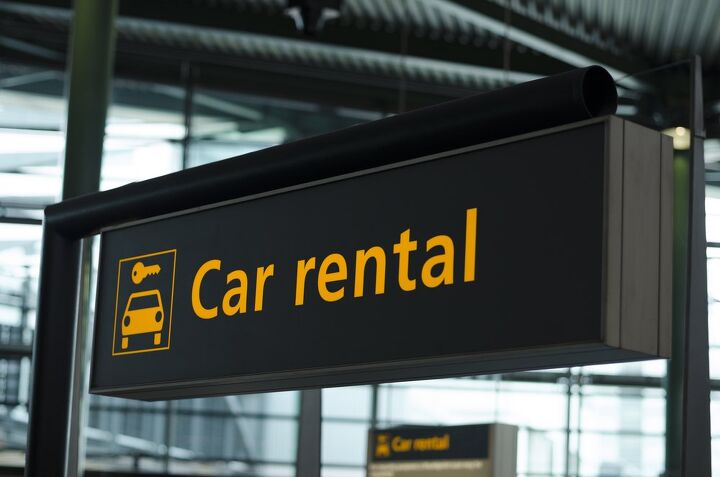
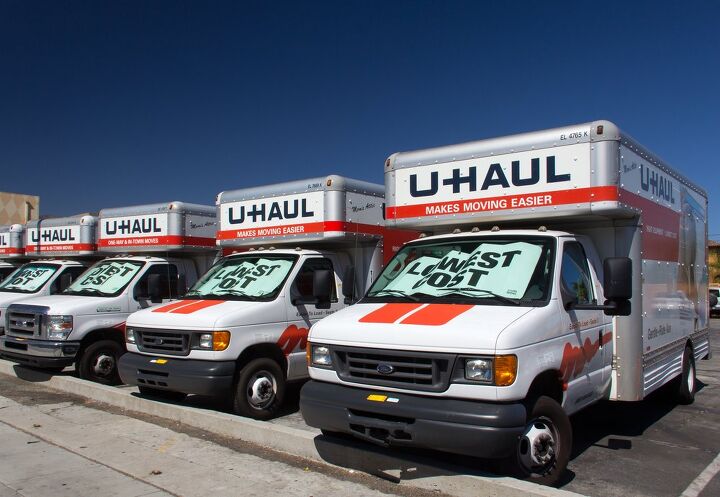
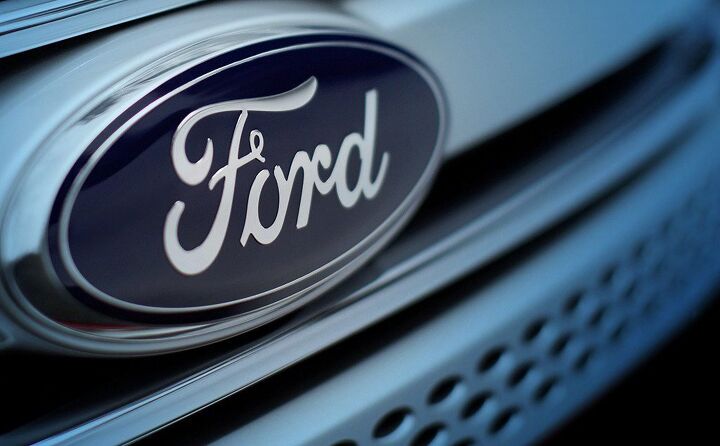
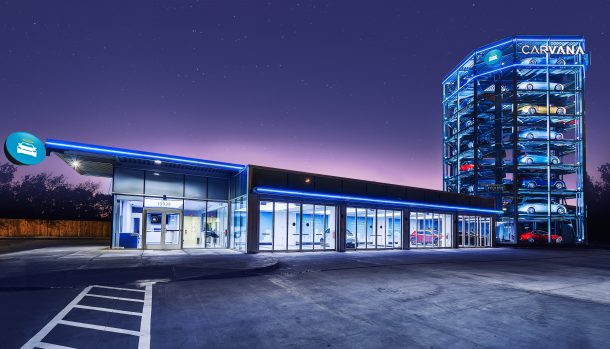


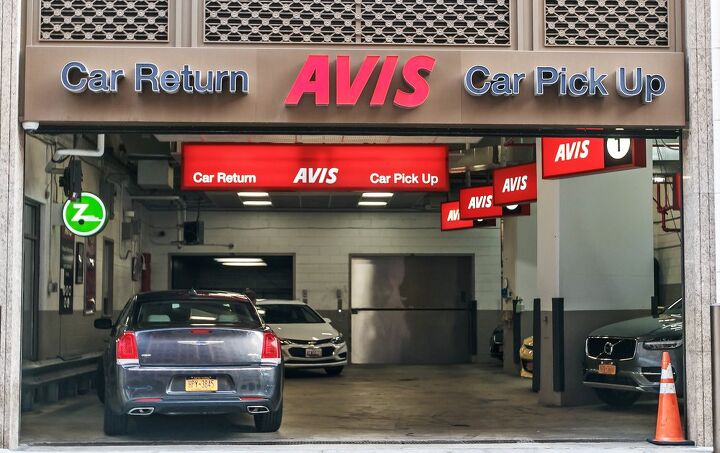
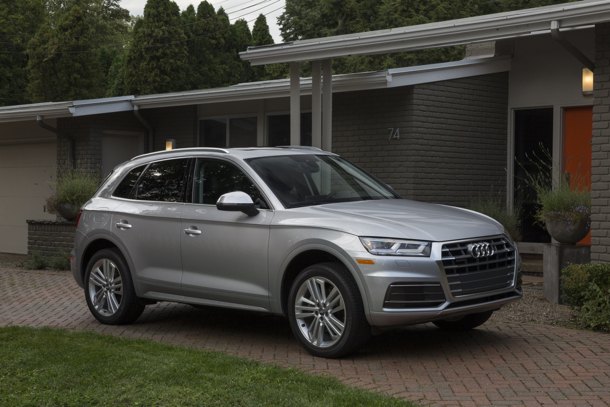


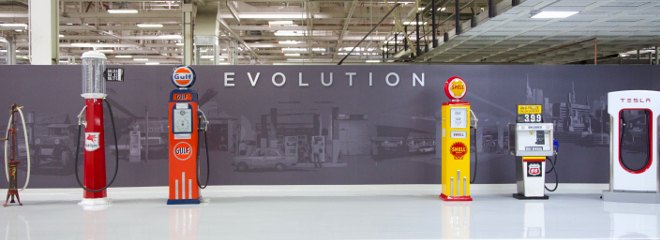












Recent Comments